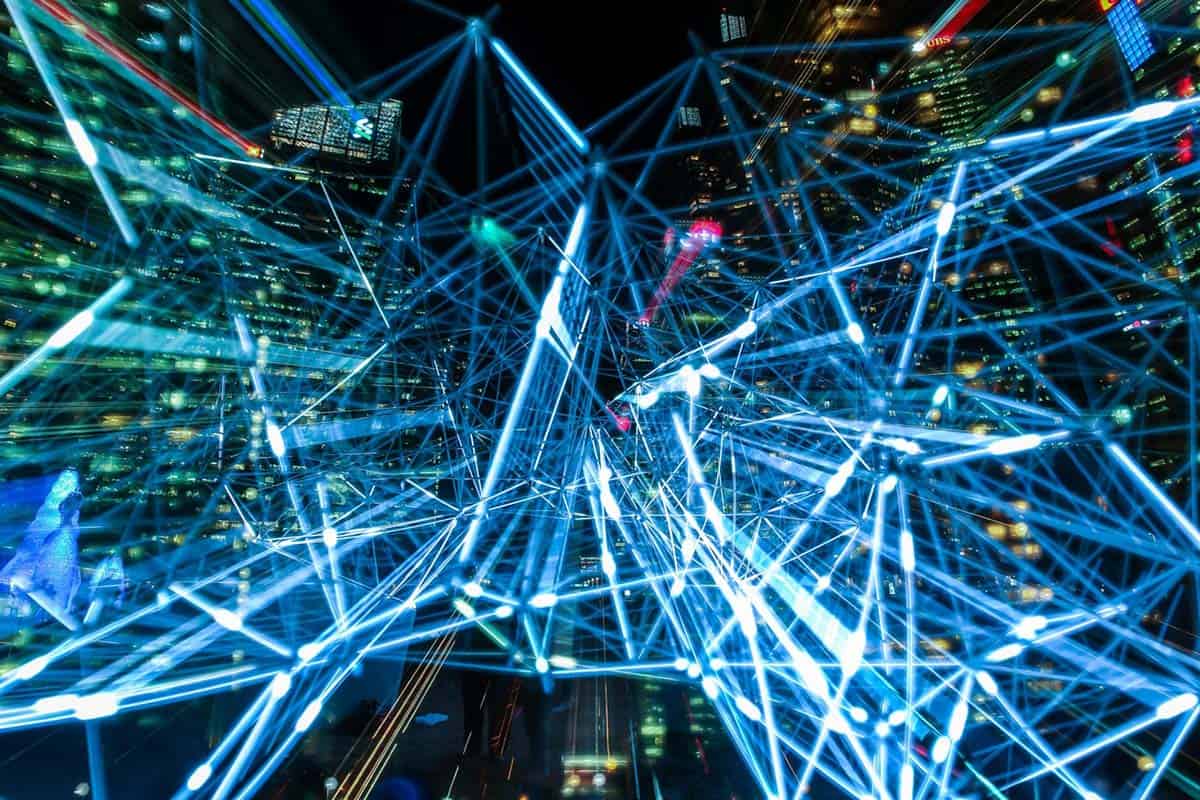Artificial Intelligence has come in to solve some of the fears that the world had with the incorporation of technology in education. It is helping teachers, pupils, parents, and administrators to create an easier learning environment. Get the best PhD writing services online to ease the pressure and improve on the quality of your performance.
The uptake of artificial intelligence is changing the education platform in many ways. Teachers are now more comfortable using technology in their teaching and examination. Online learning is now more predictable and dependable. Here are some of the applications of artificial intelligence that are changing the perception of the world on education.
Personalized Education
A teacher was so crucial in learning because he or she could assess the capability of a student and deliver a personalized learning session. Technology was considered to be so generalized such that weak students or those with exceptional capability were left out. Educationists were slow to take up technology because of the negative effects such a scenario would have had on students in the periphery. Today, artificial intelligence is helping all students to take a personal learning journey. If you are a slow learner or one topic is proving difficult to tackle, artificial intelligence is enabling you to take remedial detours.
The apps and AI ingrained in training portals can detect a fast learner. He is given a quick path upon assessment of his capability. If the machine encounters a slow learner, effort will be made to bring such a student up to speed. The reports generated will also help the teacher to design specific content for problematic areas.
Production of Smart Content
Smart content can be described as responsible lessons based on the current understanding capability of a student. If he machine detects that a student understands a particular topic, it would be a waste of time to take the student through such content. Artificial intelligence has enabled apps to assess a student before hand to determine the best starting point. It is the same approach teachers use in class.
The transformation of education using artificial intelligence to create smart content is taking three phases.
- Digital Lessons– digital lessons can be developed through artificial intelligence. The content is in form of ebooks, bite-sized lessons, and study guides, among others. Such content is generated and organized with the use of artificial intelligence.
- Information Visualization– artificial intelligence is supporting excellent visualization options for education materials. They range from simulations to the use of virtual reality and a web based study environment, among others. Instead of taking long trips or engaging in expensive as well as dangerous experiments, AI is offering an opportunity at visualization.
- Learning Content Updates– lessons and learning materials are now updated automatically. It enables a course, for example, to capture the latest research and development in the industry. It does not involve the direct intervention of tutors as would have been if the update was happening in real time. It helps the teacher to produce sharper graduates for the market.
Smart content also pop up in the course of study based on the performance of a student. Each student is given the kind of content he or she needs for the present moment of study. Smart content provides a seamless and responsive study experience.
Task Automation During Learning
Administrative tasks can be time consuming. They take a teacher or student away from his core business. What if reports can be generated automatically? What if a parent or student can get an instant response? AI is helping education players to optimize their time and energy without losing on the benefits of crucial administration activities.
AI studies the frequent questions and responses in your engagements. It will also allow you to create personalized responses based on frequent questions. You can also create a web of responses whose answers will depend on the question asked. Artificial intelligence also extracts information from existing data to provide answers to queries. It leaves teachers and other stakeholders to spend most of their time on student performance. This happens without losing on the benefits of such administrative work.
Tutoring
Personalized study programs are based on artificial intelligence. A student chooses the skills he would like to acquire and the AI machine will recommend courses to take. Outside the class, students can still access high quality tutoring materials and make it easy for their teachers to deliver the lessons. AI bots also provide real time answers, for instance, to avoid embarrassment during discussions with friends and peers. Students with special needs are also relying heavily on AI to bridge the remedial classes gap.
AI is changing how people perceive different education processes. Students have an easier time acquiring skills or revising for tests. Teachers have assistants to help them deliver on the lessons. Administrators can get more work done without incurring extra expenses. All these benefits are attributed to Artificial Intelligence.





















